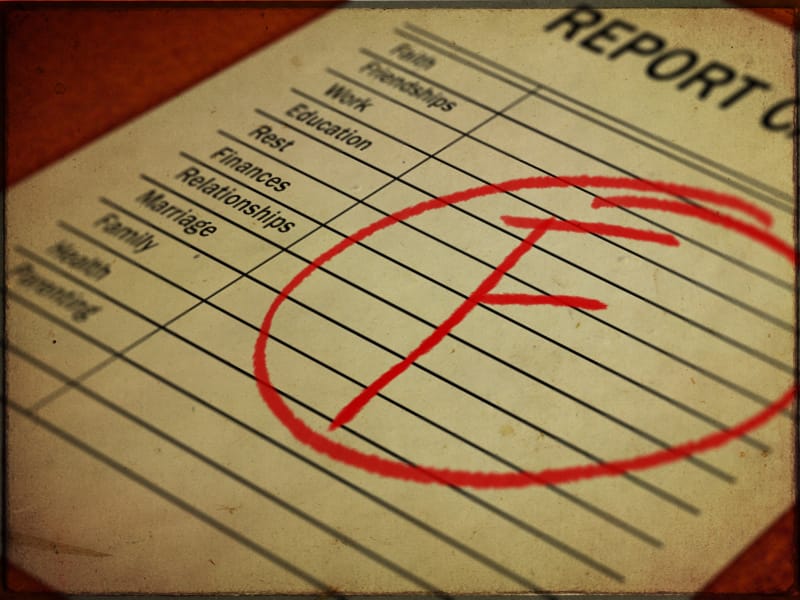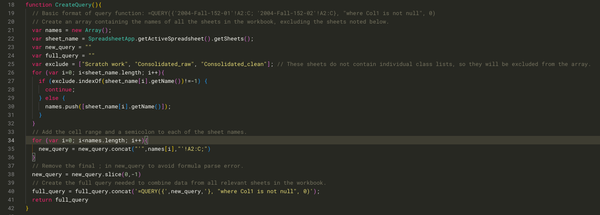Sabbatical Diary- Thinking about Grades

This blog post originally appeared on the ProfHacker blog at the Chronicle of Higher Education on October 4, 2012.
This semester, I’m in an enviable position. I get to take courses I’m really enjoying, simply because I want to learn what’s being taught in them. There’s no need for me to be overly concerned with grades. How well I do or don’t do has no direct bearing on my future. I’m not applying to a doctoral program. I’m not applying to medical school. There’s no one I need to impress with a “perfect” transcript.
That leaves me free to approach grades the way, ideally, I think they ought to be approached. I’m enrolled in particular courses because I want to learn particular things. To accomplish that, I need to attend class, do the work, and ask questions as appropriate—not because I’m looking to earn a particular grade, but because I want to learn. As the semester progresses, I’ll surely have a sense of how well things are going. What grades do is help me to see whether my own self-assessment is correct. They’re indicators, from someone who knows the field far better than I do, of how I’m doing in my efforts to learn the material, and of where I might need to focus more of my attention.
That’s it. They’re not, as Alan Jacobs has pointed out, a reflection on my efforts, my person, or anything else other than my current mastery of the material.
Of course, I didn’t think this way as an undergraduate. I doubt most undergraduates do; most of the ones I’ve met don’t, at least not most of the time. Yet I suspect students would be better able to relax and more freely engage the intellectual life if they did think this way about grades. But the fact is, they frequently have to take courses they’d really rather not, and often their grades do have an impact on their post-graduation future.
Given that, what can we do to help our students at least begin to think about grades in this way? If you have some ideas, or there are strategies that have worked for you, please share them in the comments. [Creative Commons licensed Flickr photo by amboo213]



